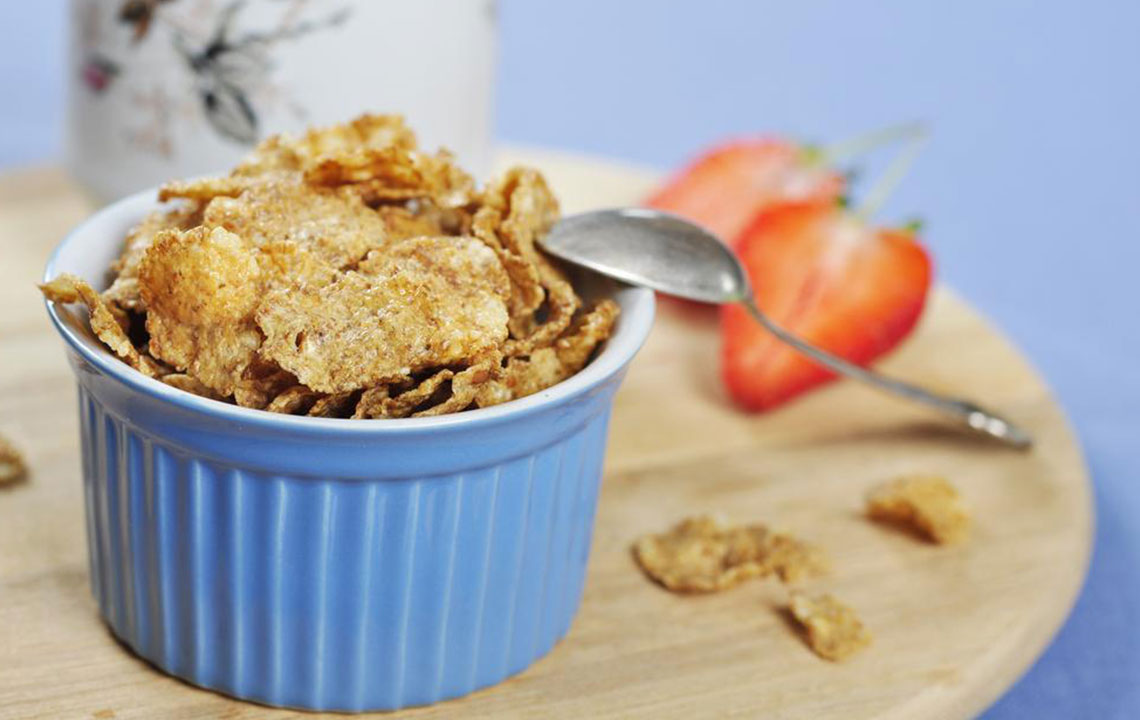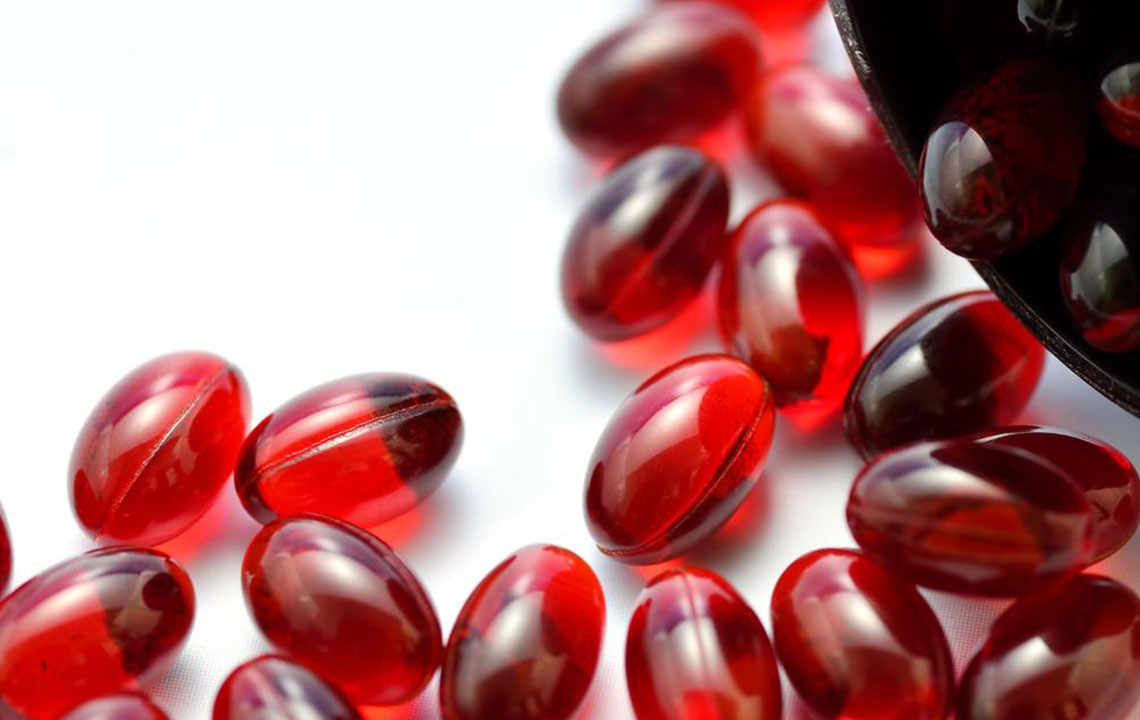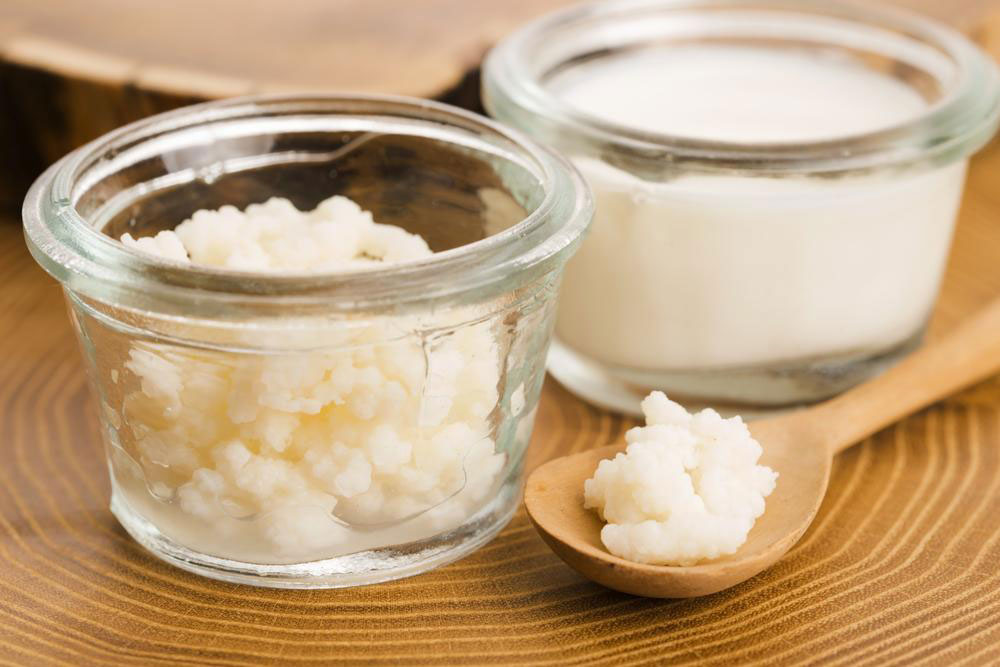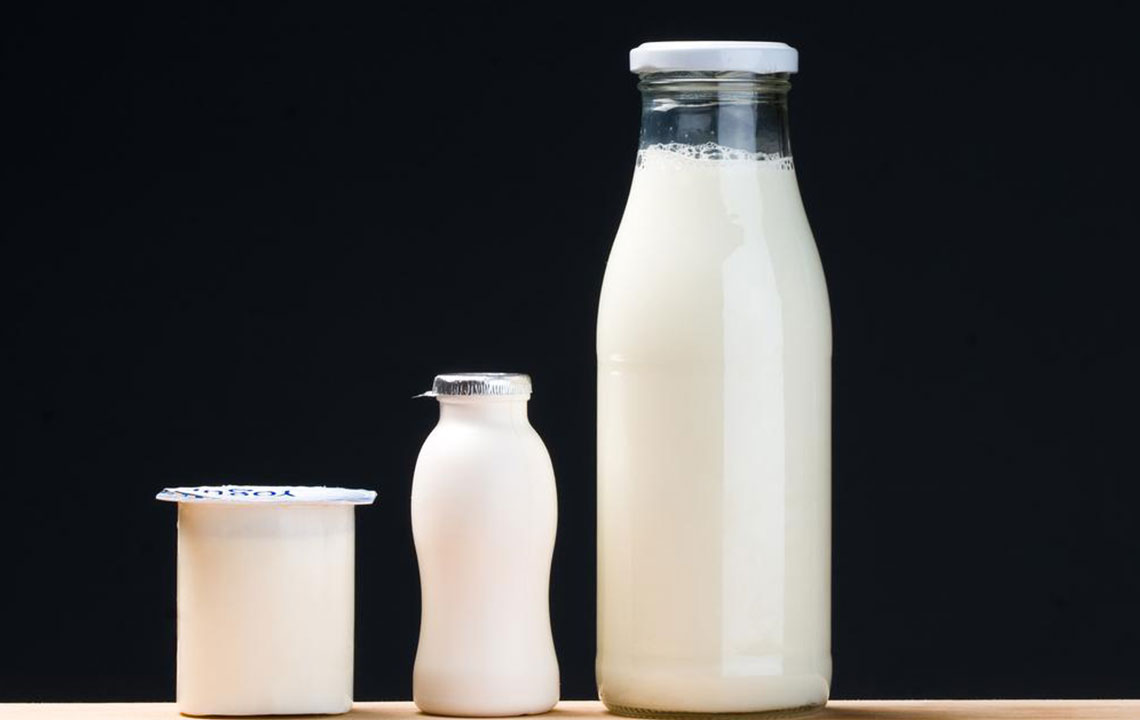Understanding the Importance of Dietary Fiber for Digestive Wellness
Discover the vital role dietary fiber plays in maintaining digestive health and preventing constipation. Learn about the different types of fiber, their benefits for gut health, and tips for safe consumption to support a healthy digestive system. Proper fiber intake, combined with hydration, is essential for optimal bowel function and overall well-being.

Understanding the Importance of Dietary Fiber for Digestive Wellness
Is adding more fiber to your diet the key to alleviating constipation? Why is fiber essential, and is there real science behind its benefits? A deficit in dietary fiber can lead to digestive issues like constipation. Let’s explore how fiber supports gut health.
What exactly is fiber?
Dietary fiber consists of plant-based components that our bodies cannot digest. Instead of being broken down, fiber is excreted through stool.
Soluble fiber dissolves in water and is present in oats, barley, apples, carrots, peas, and citrus fruits. Insoluble fiber doesn't dissolve in water and is found in wheat bran, cauliflower, potatoes, and nuts.
Impact of fiber on gut health
Consuming a fiber-rich diet offers multiple benefits for digestive health. This approach can be particularly effective in managing severe constipation.
Fiber increases stool bulk and facilitates easier bowel movements. It also adds moisture to stools, promoting smooth elimination.
Moreover, bacteria ferment fiber in the colon, producing short-chain fatty acids that support colon health. Keeping the colon healthy reduces the risk of colon cancer, which can sometimes cause constipation. Good colon health is vital for maintaining regular bowel movements.
Fiber also strengthens the gastrointestinal lining and helps prevent digestive issues that contribute to constipation.
High-fiber diets can decrease the likelihood of developing hemorrhoids, swollen veins in the rectal and anal areas that hinder stool passage and cause constipation.
Is it possible to consume too much fiber?
Yes, excessive fiber intake can lead to bloating, cramps, and gas. It’s equally important to drink enough water, as fiber needs moisture to work effectively and promote healthy bowel movements.
Summary
While fiber isn’t a miracle cure, it plays a crucial role in maintaining colon health and preventing some causes of constipation. Including sufficient fiber in your diet, along with proper hydration, supports overall digestive health.










